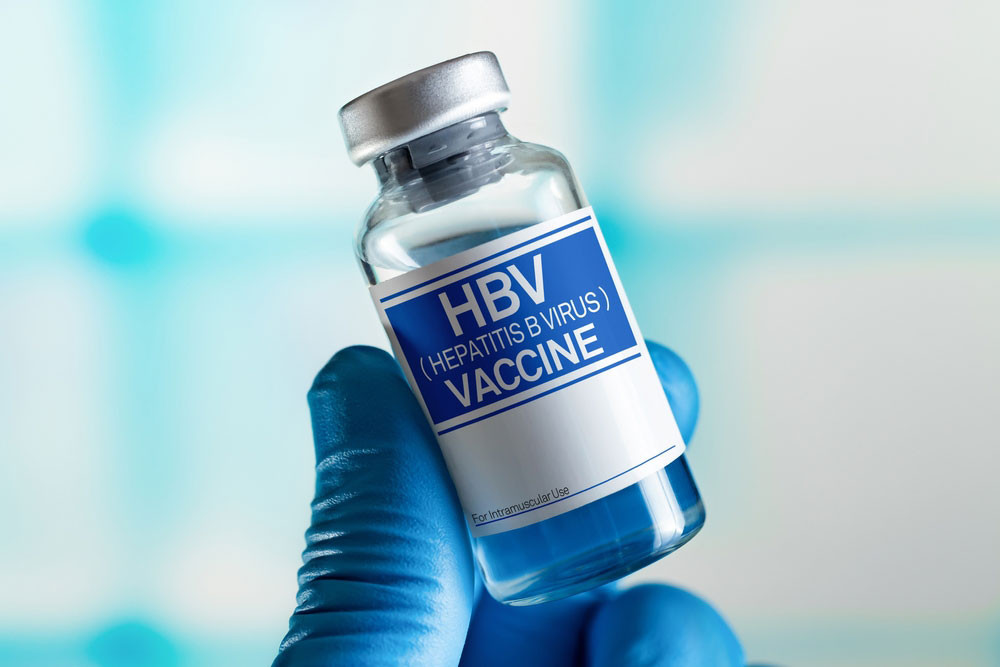Before your vaccination
Hepatitis A/B antigen and antibody report issued in last 3 months must be presented prior to Hepatitis A/HepatitisB/Hepatitis A&B vaccination. Extra fee for blood test will be applied if you cannot present a valid report.
About Hepatitis B
If hepatitis B patients do not receive proper treatment, approximately 15-40% of them may develop liver cirrhosis or liver cancer. According to local data, nearly 80% of liver cancer patients have a history of hepatitis B infection. Hepatitis B is a viral infection that affects the liver and can cause both acute and chronic liver disease. HBV is transmitted through contact with the blood or other bodily fluids of an infected person. In endemic places, most persons with chronic hepatitis B (CHB) acquired HBV infection by mother-to-child transmission. The hepatitis B vaccine is an effective way to protect against the hepatitis B virus (HBV) infection.
Who should get vaccinated for the Hepatitis B vaccine?
In Hong Kong, the first dose of the hepatitis B vaccine has been given to newborn babies since 1998, followed by the second and third doses at one month and six months of age respectively. Therefore, those born before 1998, outside Hong Kong, or at higher risk of hepatitis B infection should consider receiving the hepatitis B vaccine.
Recommended groups for hepatitis B vaccination:
- Family members of people with chronic hepatitis
- Healthcare workers
- People with multiple sex-partners
- People who receive blood or blood products regularly
- People on dialysis
- HIV-positive people
Who should not receive hepatitis B vaccine?
Any person who has had a severe allergic reaction to a prior dose of hepatitis B vaccine, a component of the hepatitis B vaccine or yeast should not receive the vaccine.
Hepatitis B Antigen and Antibody Test
Hepatitis B antigen and antibody tests are required for adults before receiving hepatitis B vaccine.
- Test result showing the individual is protected by hepatitis B antibody and vaccination is not required.
- Test result showing that the individual is infected with HBV. Vaccination will not be effective. Please consult a doctor for further assessment and treatment of HPB infection.
What are the side effects of hepatitis B vaccines?
Hepatitis B vaccines are safe and effective, with only a few tolerable side effects. A few people may experience slight redness or pain at the injection site, headache and fever, but the symptoms usually subside within a few days.
What is the efficacy of Hepatitis B vaccines? Do I need a booster dose in the future?
After a complete course of hepatitis B vaccination, more than 90% of people would produce protective antibody levels, which can confer long-term protection against HBV infection. Booster doses are not recommended for people with normal immune status who have been vaccinated. Only certain people should receive a booster dose in specific situations. A booster dose should only be considered for those with an ongoing risk of exposure while the antibody decline to <10mIU/mL.
Can hepatitis B vaccine be given during pregnancy or lactation?
Yes. The hepatitis B vaccine contains no live virus, so neither pregnancy nor lactation should be considered a contraindication to vaccination.
